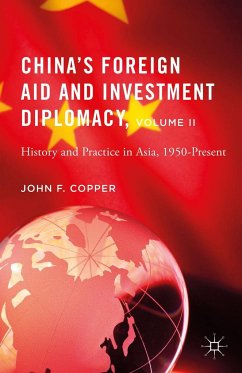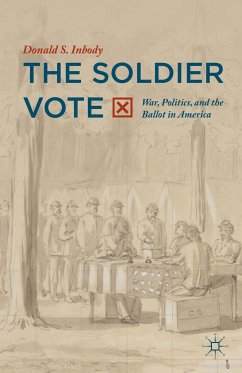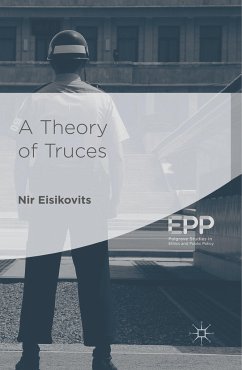
Korea and Its Futures
Unification and the Unfinished War
Versandkostenfrei!
Versandfertig in 6-10 Tagen
38,99 €
inkl. MwSt.

PAYBACK Punkte
19 °P sammeln!
Despite the passage of over forty years since the official end of the civil war in Korea, the north and the south sections of the country remain technically at war. In Korea and Its Futures, Roy Richard Grinker argues that the continued conflict between North and South Korea, and the prospects for peace on the Korean peninsula, must be understood within the broader social and cultural contexts in which Koreans live. Grinker suggests that a fundamental obstacle to peace on the peninsula is that South Korea has become a nation in which nearly all aspects of economic, political, and cultural iden...
Despite the passage of over forty years since the official end of the civil war in Korea, the north and the south sections of the country remain technically at war. In Korea and Its Futures, Roy Richard Grinker argues that the continued conflict between North and South Korea, and the prospects for peace on the Korean peninsula, must be understood within the broader social and cultural contexts in which Koreans live. Grinker suggests that a fundamental obstacle to peace on the peninsula is that South Korea has become a nation in which nearly all aspects of economic, political, and cultural identity are defined in opposition to North Korea. He further demonstrates that in spite of its status as a sacred goal for all Koreans, the idea of unification threatens the world in which almost every South Korean has been born and raised. In chapters on defectors, divided families, student protests, and early education, Grinker reveals how South Korean conceptions of unification prevent either side from recognizing that a unified Korea must also be a diverse Korea. In other words, Grinker points out, unification is largely perceived by South Koreans not as the integration of different identities but as the southern conquest and assimilation of the north - in short, as winning the war. Korea and Its Futures is a critical and illuminating look at a conflict which has refused to yield despite changes in a post-Cold War world.














